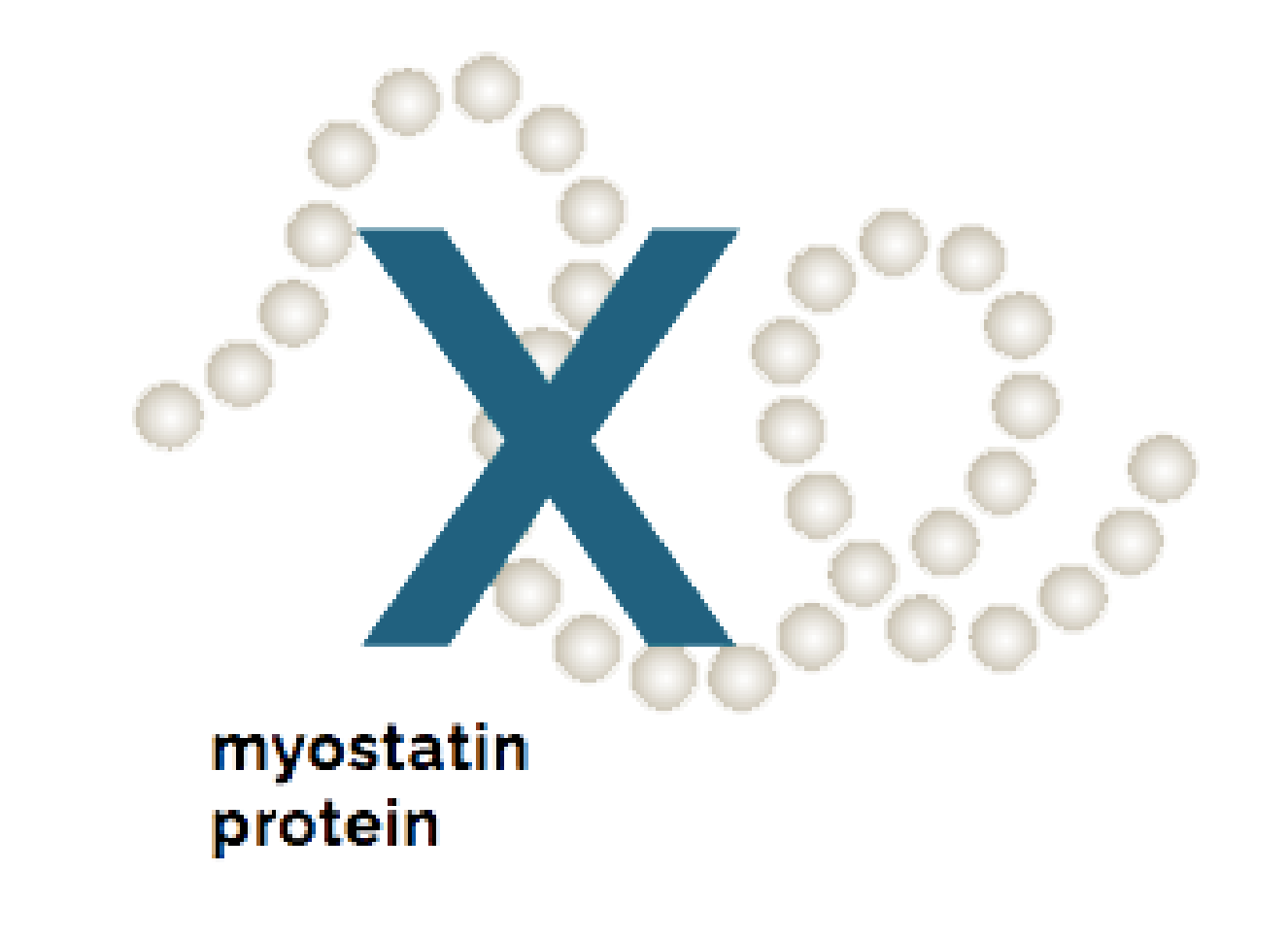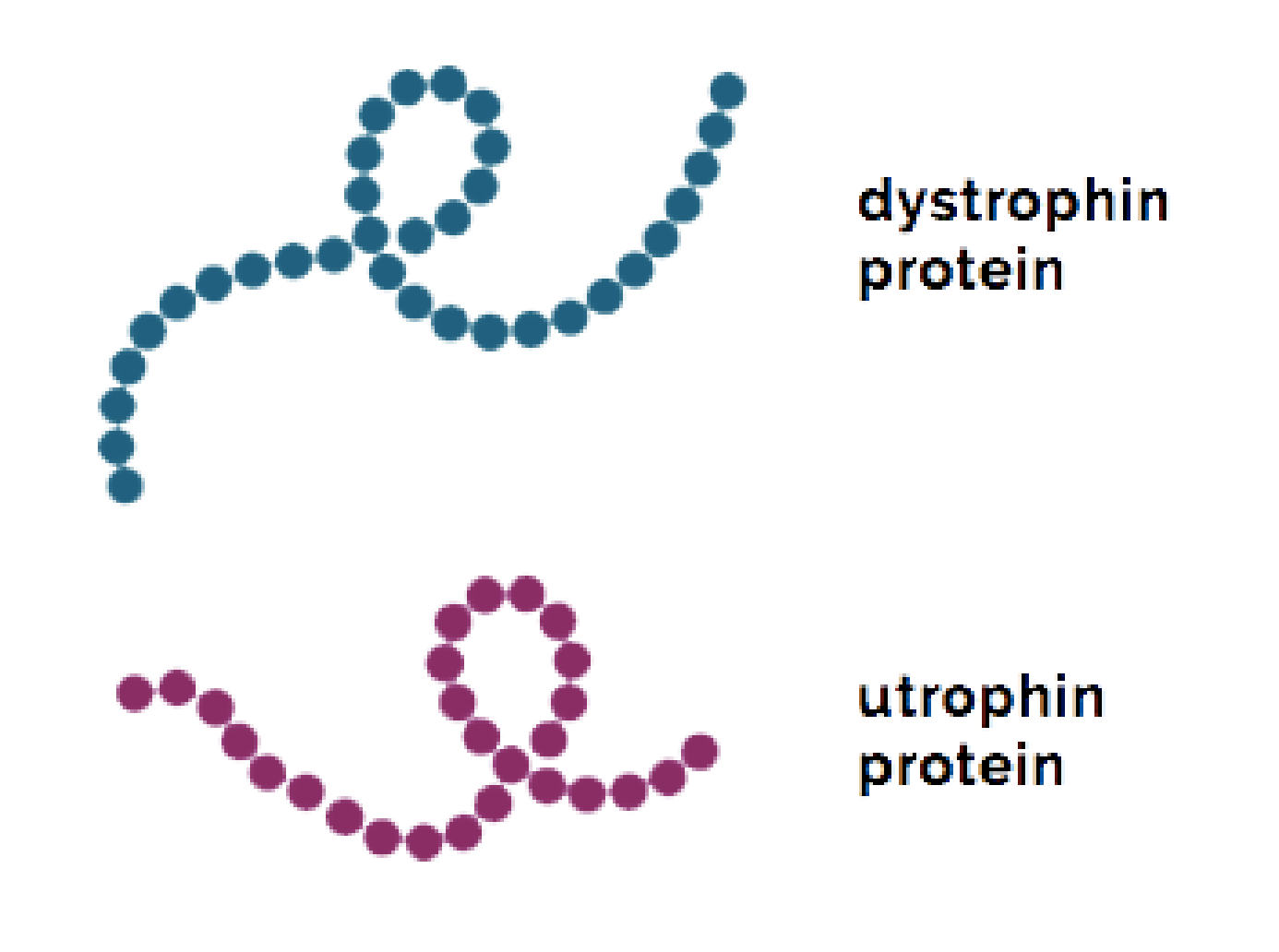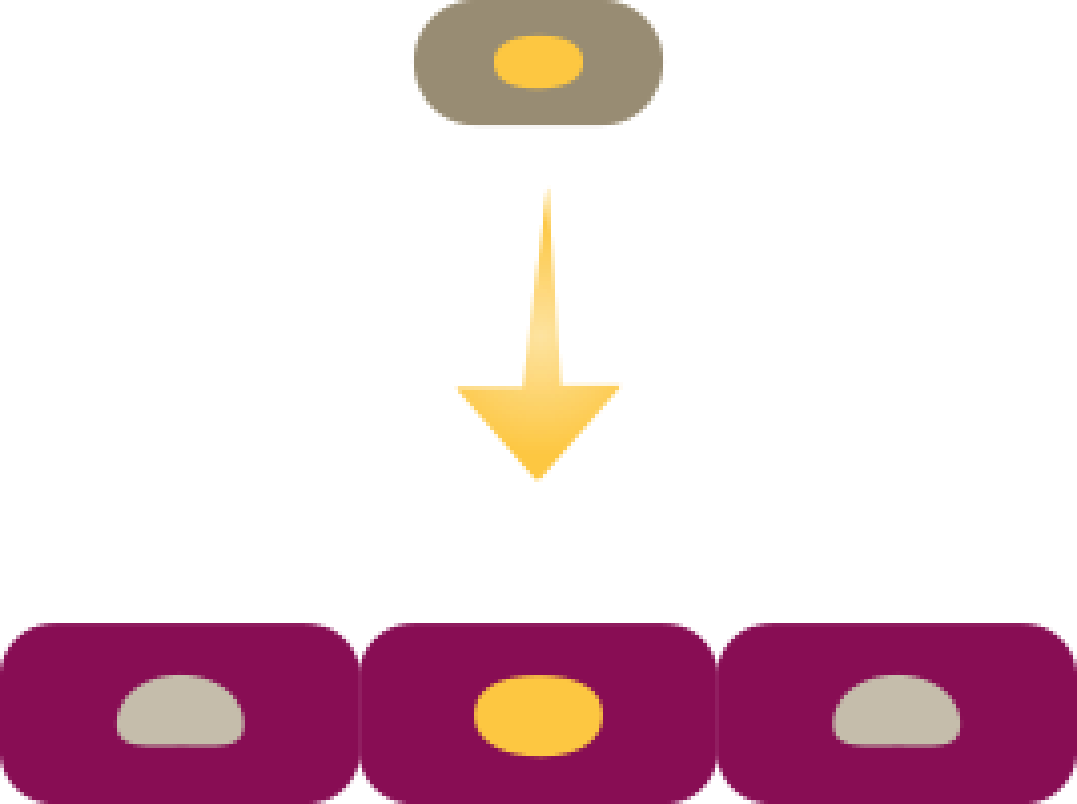
Ethan, living with Duchenne.
Other Approaches
Read about several investigational approaches that aim to stimulate muscle growth and/or protect existing muscle:
Antifibrotic Therapies
As muscles weaken and are damaged by Duchenne, a process called fibrosis takes place. Fibrosis is similar to scarring and causes muscle fibers to be replaced by fat and connective tissue. This prevents muscles from working properly. Researchers are studying the effect of antifibrotic therapies to evaluate whether these muscle fibers can be protected.
Myostatin Inhibition
Myostatin is a naturally occurring protein that limits muscle growth. It prevents muscles from becoming too large. While this is a good thing in healthy people, in people with Duchenne, it can make weakened muscles worse. Researchers believe that stopping myostatin from doing its job may help people with Duchenne develop more muscle mass early in life. Building muscle mass earlier may delay the effects of the disease. This technology is currently being evaluated in clinical trials.
Utrophin Stimulation
There is another protein in muscle cells called utrophin. It resembles dystrophin and performs a very similar function. Utrophin is produced in the early stages of muscle development but is then “turned off” in favor of dystrophin production. Researchers are investigating whether they can turn utrophin production back on and if this can help make up for the lack of dystrophin. This technology is currently being investigated in clinical trials.
Stem Cell Approaches
The lack of dystrophin in people with Duchenne causes muscles to become damaged and weak. Muscles normally repair themselves, but without dystrophin, muscle damage gets more and more severe until the repair process can no longer keep up. Researchers believe that if they use stem cells from normal muscle tissue, they may be able to inject the stem cells into people with Duchenne to create new muscle cells that function normally. This technology is still in the early stages of exploration.






